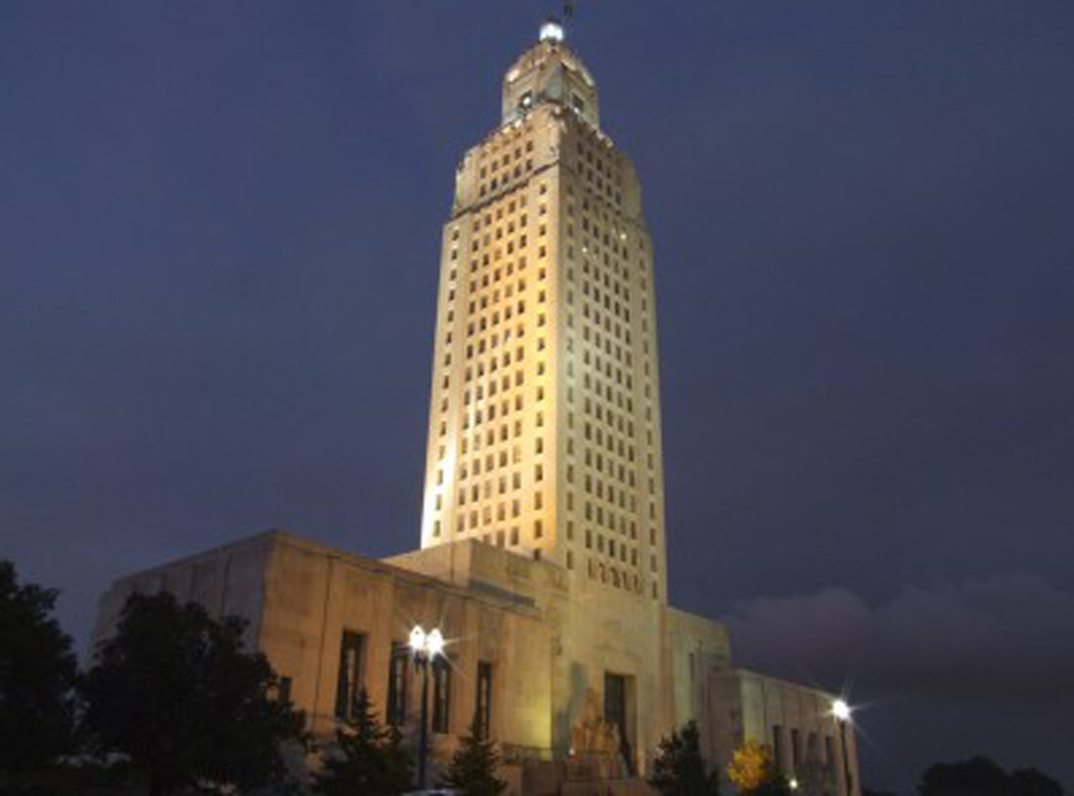235
(The Center Square) – Ranked-choice voting, ballot harvesting and other election bills were approved on Wednesday by the Louisiana Senate Committee on Senate and Governmental Affairs.
Several bills were reported favorably by the committee.
On




